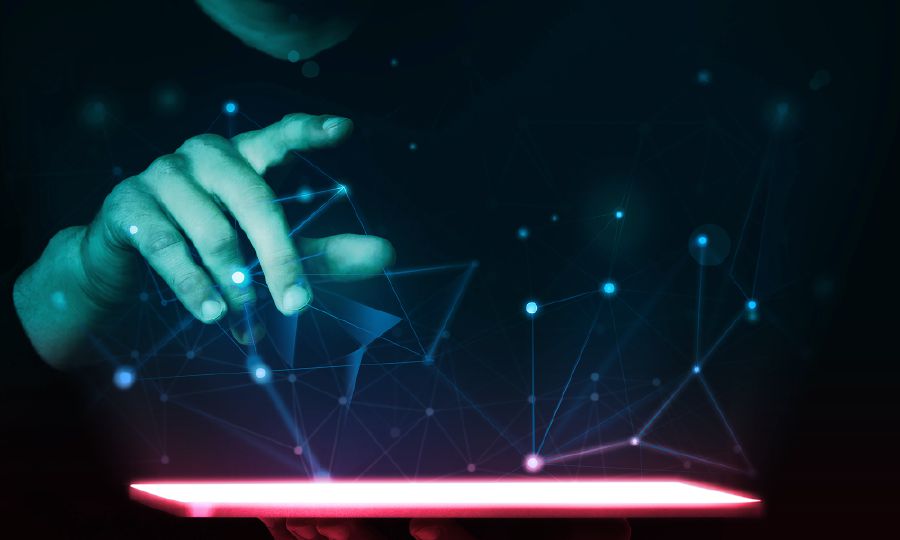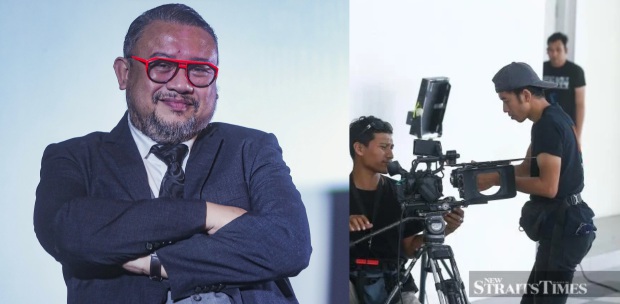Yuval Noah Hariri, in his best-selling book, Sapiens, said that in the aftermath of the Artificial Intelligence (AI) revolution, just as mass industrialisation created the working class, the AI revolution would create a useless class.
The useless class, or "Homo Inutilis", will be composed of people doing jobs that can easily be automated. Machines and robots will reign, and humans will lose jobs.
They are also the ones who ignore the opportunity to acquire basic knowledge of the Internet and the Internet of Things, and upskill.
Even the mere mention of Internet jargon like clickbait, paywall and ad clutter will cause people unaccustomed to information technology to stay away from the new world. And when they do enter it, they will fall into a web of trickery.
While this is already happening, people who embrace AI will control the economy, politics and just about everything that humans want and need.
Social scientists are saying that there is another category of useless people — the ones lacking in civility and decorum — who are quick to post socially incorrect statements and photos.
In the highly connected world, the free-flowing media ecosystem presents to us not only numerous opportunities but problems and challenges as well.
It was easier in the past. The media ecosystem in the 1980s was a one-way communication — from the newspapers, radio and TV networks to the audience.
Today, the Internet and social media platforms have greatly expanded the scope and reach of society. We live in a "global room". A person said "even the batting of the eye can be noticed by someone thousands of kilometres away".
However, the positive impact of the Internet and social media is overshadowed by the harmful behaviours in the ecosystem.
We always fall for misinformation and disinformation. The key difference is that misinformation is unintentional, and disinformation is deliberately created to deceive people. Fake news stories and deepfakes fall into the latter category.
On social media platforms, people love sharing postings about their activities. They would be ecstatic if a thousand others watched or read their posts.
More often than not, it is the brief, provocative posts that spread the furthest and become viral. The process strips the context away from an idea, potentially warping its meaning.
Video clips shared on social platforms are prime examples of context-stripping in action. When a shocking incident occurs, it generates a great deal of discussion despite the complete lack of context.
We have seen this happening to influencers, celebrities, politicians and even journalists, as the truth does not always prevail.
Many times, we've seen road accidents turn into racial squabbles when a witness posts videos of the incident without knowing the full story.
We often come across the practice of cherry-picking by netizens, who use data, anecdotes or studies to convince others in an argument. They use incomplete or out-of-context supporting evidence, and exclude opposing evidence. Cherry-picking is problematic as the facts are often correct, so they make sense at face value. The problem is that it lacks context, hence misleading others.
I recently learnt a new word — dogpiling. As funny as it appears to be, dogpiling refers to a high volume of online comments harassing a person who expresses an opinion that the masses do not agree with.
People do not seem to like dissenting opinions. It is almost like cyberbullying.
Therefore, it is imperative that we learn to avoid this Internet trap, especially on social media platforms. In doing so, we become Internet literate, extremely cautious about what we say and do on social media.
The more media literate we become, the better equipped we will be to weave our way safely and respectfully through the labyrinth of social media.
We need to push for civility in netizens, who should learn not to be brash and impolite in their reactions, and be ready to accept a dissenting view. We cannot afford to be a useless class of people, in another sense of the word.
The writer, a former NST journalist, is a film scriptwriter whose penchant is finding new food haunts
The views expressed in this article are the author's own and do not necessarily reflect those of the New Straits Times






